
U.S.-Russian public health cooperation has led to extraordinary achievements, from the development and production of the Sabin polio vaccine to the eradication of smallpox. But the full potential of this collaboration has not yet been achieved.

Joseph Stalin, the Soviet leader responsible for the deaths of millions, still commands worryingly high levels of admiration in some post-Soviet countries.
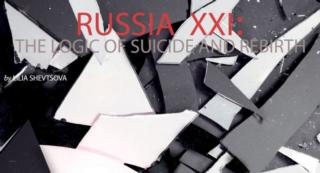
Russia has finally reached the point when its very form of existence through the personalized power system and its attempts to justify itself by ideological and territorial expansion—the Russian Matrix—is under question.
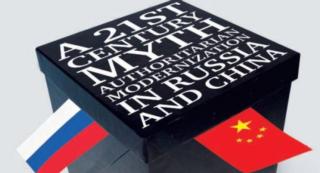
The idea of authoritarian modernization, or state capitalism, has become fashionable in the wake of the global financial crisis, but the examples of China and Russia demonstrate that it is ultimately a self-serving illusion.
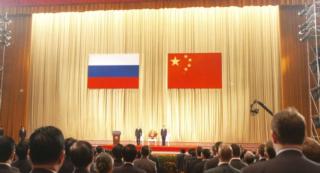
Despite the overlapping interests of Russia and China, the two countries are not allies. Moscow will not accept a junior position vis-à-vis Beijing, while the Chinese regard Russia as a fading power.
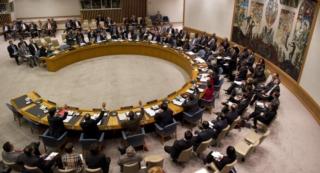
Russia and China are suspicious of multilateral institutions created by the West and hostile to anything that could justify external intervention in a sovereign state’s affairs, but both are learning to use international forums to their advantage.
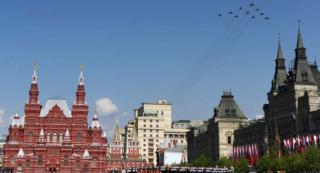
As a permanent member of the UN Security Council and a nuclear power, Russia has substantial leverage in the post-Soviet space and is the EU's most important neighbor. However, in the coming decades Russia will face serious internal and international challenges.
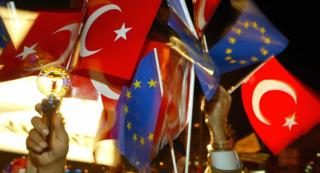
Turkey is a particularly critical key actor for building a Euro-Atlantic Security Community, with a growing influence within the Euro-Atlantic region.
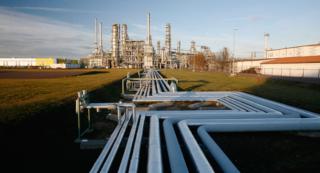
Enhanced energy security is particularly important for a more cohesive security collaboration among the states of the Euro-Atlantic region.
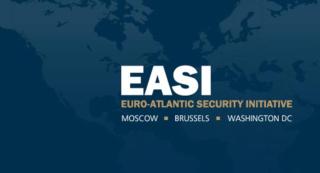
Today, unprecedented challenges from without and within threaten to reverse the progress toward the safe, secure, undivided Euro-Atlantic world hoped for in the wake of the Cold War. To overcome that future, a twenty-first-century problem demands a twenty-first-century solution.
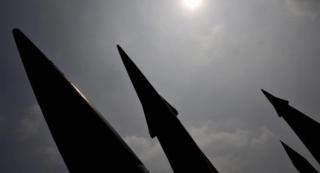
No issue in the area of European military security is more important or more vexed than that of nonstrategic nuclear weapons.
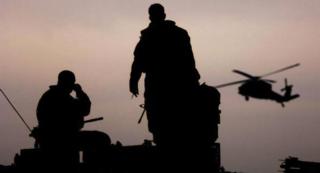
One of the fundamental impediments to molding the Euro-Atlantic nations into a more unified and workable security community is the lingering distrust that poisons too many of the region’s key relationships.
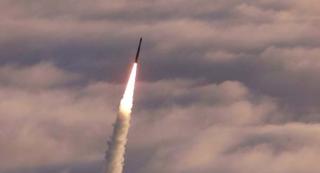
No issue is more urgent or central to achieving progress toward the goal of creating an inclusive Euro-Atlantic Security Community than making European missile defense a joint project of the United States, the North Atlantic Treaty Organization, and Russia.
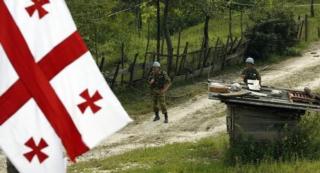
Without intellectual efforts it is impossible to find a viable solution to the dire post-August 2008 reality, which put both Georgia and Russia in an extremely difficult situation.
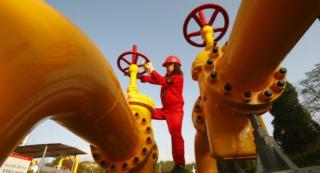
Russia is the world’s biggest hydrocarbon producer, and China is one of the world’s largest and fastest-growing energy markets. The two are neighbors, yet their energy relationship is very thin. Instead, they compete for vast and largely unexplored Central Asian resources.
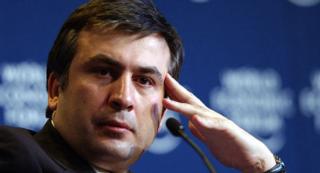
As Georgia enters a period of transition, with upcoming parliamentary and presidential elections, the current government has made good progress in building a functioning state that delivers services to citizens, but Georgia’s economic picture is increasingly uncertain.
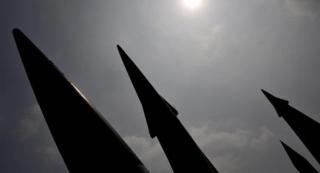
As U.S. policy seeks to create the conditions that would allow for deep reductions in nuclear arsenals, the United States and Russia can undertake a practical approach to their stockpiles to 500 nuclear warheads each and those of other nuclear-armed states to no more than about half that number.
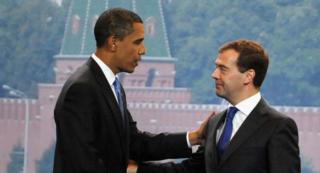
Although the U.S.-Russia Bilateral Presidential Commission, which aims to enhance cooperation between the two countries on a broad range of shared interests, appears promising so far, the two sides must work together closely to ensure it continues to produce results.
Near-term expectations for a partnership between the United States and India too often overlook how the interests, policies, and diplomatic style of the two countries sometimes diverge.
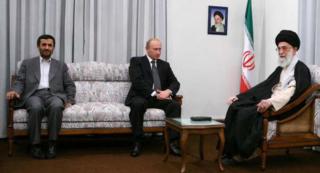
Although Iran and Russia have substantial economic and military ties, Moscow is increasingly wary of Tehran’s growing nuclear ambitions, which have the potential to threaten Russia.